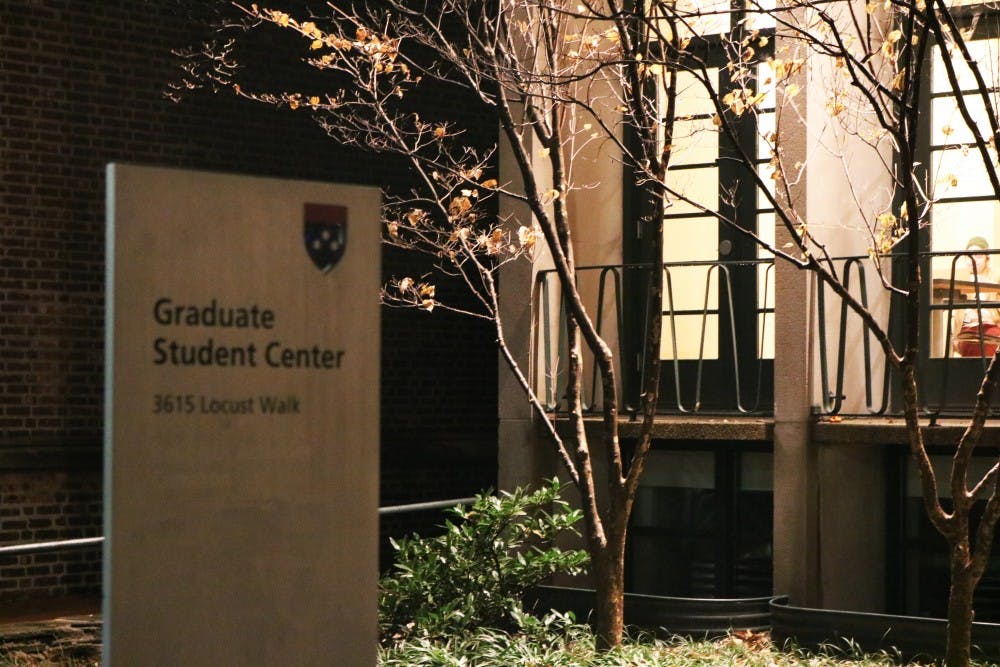A new graduate class at Penn will give students the chance to redesign their student government — the Graduate and Professional Student Assembly.
Called “Applications of Systems Thinking and Design Methodologies: Emergent Governance Models,” the class is run through the College of Liberal and Professional Studies’ Organizational Dynamics program. Coursework will culminate with the class presenting their final design to GAPSA.
GAPSA president Gaurav Shukla clarified that GAPSA is not holding this course to stop itself from any sort of impending implosion. In fact, he said it’s quite the opposite. Because GAPSA is celebrating its 10-year anniversary, this seemed a fitting time to re-assess the effectiveness of its structures that have been in place a decade.
“Every system has a life cycle,” the course’s professor, John Pourdehnad said. Pourdehnad is an affiliated faculty member of Organizational Dynamics. “GAPSA has been in place for many years while everything around it has been changing.”
Pourdehnad said that it’s possible that members of the class could design GAPSA in the same way as it already exists. In that case, he said, it would prove GAPSA’s current structure best suits its purpose.
Shukla illuminated another problem that the class could ameliorate — graduate students often become pigeonholed in their own departments and research, such that they seldom regard their graduate student community on a grand scale. Pourdehnad stated that the course could involve more students in following GAPSA, the government that’s supposed to work in their interest.
“By definition, GAPSA is every graduate and professional student at Penn,” GAPSA finance chair Paul Welfer reminded. “This is a student government; this is self-governance. It needs positive feedback loops that engage the overall constituency.”
The class also has larger aims, Pourdehnad said. Although student governments act in the interest of those they govern, he said, insiders such as the GAPSA executives need feedback mechanisms to see how their actions affect those on the periphery.
Governance then becomes, to Pourdehnad, a conflict of “doing the right thing and doing the thing right.” He said that holding this class is a way to determine if GAPSA is “doing the right thing.”
Pourdehnad relayed a quote from one of his professors while he was a graduate student at the Wharton School: “The righter you do the wrong thing, the wronger you become.”
This new class is not limited to students studying Organizational Dynamics. Although students need permits to take the class, Welfer hopes that it pulls from across all 12 graduate schools.
“Anyone who is a stakeholder has the requisite knowledge to design a better system,” Welfer said.
Welfer added the significance of the course in the School of Arts and Sciences’ mission to “bridge theory and practice” in the classroom.
“You have the opportunity for the academic and the applied real world to synergistically meet and result in a renewed GAPSA,” he said. “This is not just aspirational dreaming but actually building a better community.”









